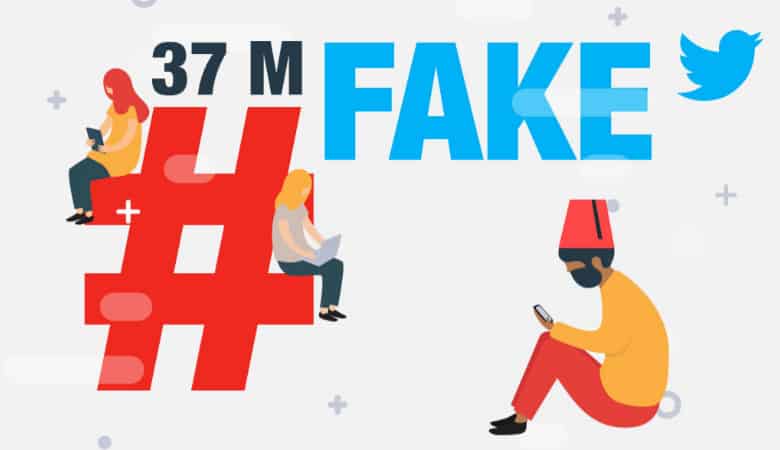Twitter purge targets Turkey’s pro-government network

Early this year, Twitter had apparently detected tens of thousands of accounts linked to government propaganda in Turkey, China and Russia. While the China-linked accounts were largest in number, Turkey’s were the most prolific, manufacturing nearly 37 million tweets on the behest of Ankara’s ruling Justice and Development Party (AKP).
In information shared with Stanford Internet Observatory, the network of 7,340 accounts was centrally coordinated in “inauthentic activity” to be echo chambers to push propaganda, spread misinformation and attack critics of the government. These were suspended en masse this week.
Their functions included amplifying politically favourable narratives on Turkey’s interventions in Syria and Libya, large-scale hacking of dissident individuals and organisations and accusing opposition parties of terrorism activities. Reportedly operated by AKP’s youth wing, the network was made up of fabricated accounts with similar usernames and bots that created “retweet rings”, that is, retweeting each other to amplify a message.
The operation of this kind of propaganda machine in the country has been a topic of popular debate. This revelation from Twitter only makes it possible to finally discuss what’s been an open secret – that state has been using its resources to propagate its positions on various issues on the new media.
While the move has been hailed as a bold one, it is not expected to impede the state’s efforts in any way, which has a strong influence on WhatsApp and Telegram. Even on Twitter, there are enough genuine pro-government accounts doing similar work, which can’t be suspended as it would go against Twitter’s principles on freedom of expression.
The president’s office has come out strongly against allegations that this network was managed in order to support the president. The presidency communications director Fahrettin Altun said in a written statement that these allegations were baseless and politically motivated. He accused Twitter of being a foreign entity trying to influence the domestic politics of Turkey. In a warning, he reminded the company of the “eventual fate” of companies who had previously engaged in similar activities. Turkey had at one point banned Twitter, YouTube and Wikipedia.




